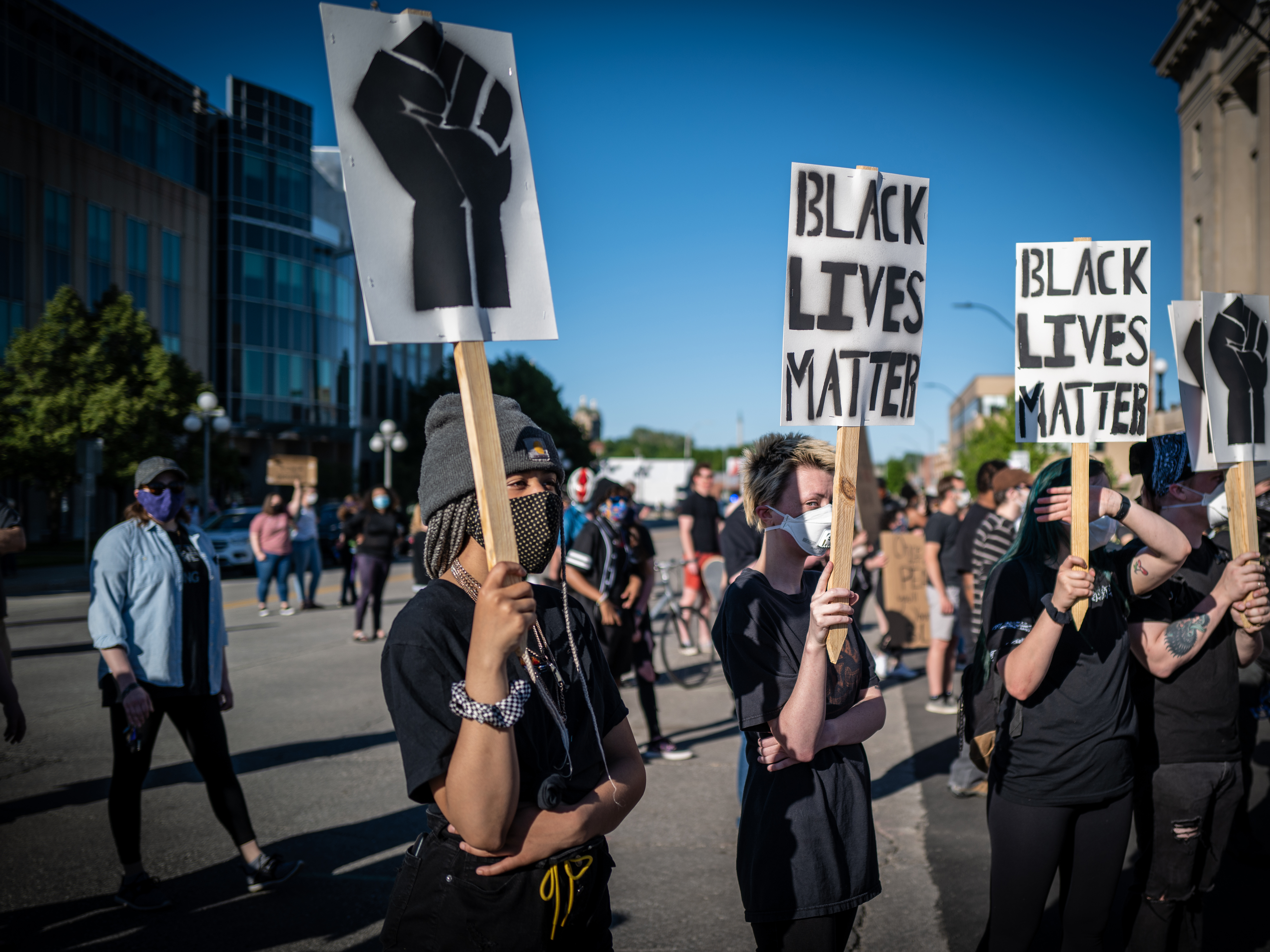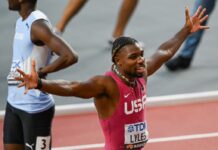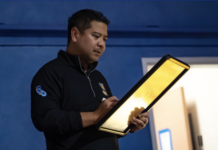
It was Game Five between the Milwaukee Bucks and Orlando Magic. The winner moves onto round two of the Eastern Conference Finals and inches closer to potentially becoming NBA Finals champions. But as the scheduled time for tipoff came and went, the Bucks refused to leave their locker room.
Waves of change were created in the NBA this past August when the Milwaukee Bucks boycotted their playoff game against the Orlando Magic following the police shooting of Jacob Blake. Strikes are banned under the NBA’s collective bargaining agreement, which means that the team took a risk in breaking their contracts to protest.
In the following hours, players in and outside of the NBA followed the Bucks’ footsteps. Three Women’s National Basketball Association (WNBA), three Major League Baseball (MLB) and five Major League Soccer (MLS) games were postponed that same day in addition to tennis superstar Naomi Osaka refusing to play in her upcoming semifinal match for the Western & Southern Open.
When they are on the court, NBA and WNBA players alike have taken to wearing t-shirts and jerseys with statements such as “Black Lives Matter,” “Say Their Names,” “How Many More,” “I Can’t Breathe” and more. In addition, the words “Black Lives Matter” have been prominently displayed on all their courts. Beyond simple words, the NBA’s Board of Governors and the National Basketball Players Association established a new foundation and have committed to donating $300 million over the next decade toward empowering Black communities through education and youth employment.
Despite the complications with schedules, instead of punishing their players for speaking up, these leagues have rallied behind them. While the same has not always been said about the National Football League (NFL) considering Colin Kaepernick was essentially blacklisted for kneeling during the national anthem in 2016, the NFL has since changed its position.
For its 2020 season, the NFL displayed messages in the end zones that read “End Racism” and “It Takes All of Us.” Following a video that was released that showcased dozens of NFL stars sending a message to the league about the racial inequality, the NFL has released statements in support of the Black community and its players. Alongside that, the NFL pledged to donate $250 million over a 10-year period to organizations that are committed to combating systemic racism.
Even leagues who are known to be slow to acknowledge social issues have finally chosen to take a stand. Opening Day is typically just the first two games of the MLB season, but in this year’s Opening Day, fans were greeted by all the players and coaches kneeling for 60 seconds in silence while holding a black cloth. The MLB, its 30 clubs and owners have also made over $1 million in donations to groups such as the NAACP Legal Defense Fund, Color of Change, The Jackie Robinson Foundation and Campaign Zero.
While some people may prefer to keep politics out of sports, it is understandable why players across several leagues refuse to stay silent. With African Americans making up 74.2% of the NBA players, 67% in the WNBA and 70% in the NFL, this past summer has not been just a movement but rather a stand for who they are as people. While NBA Commissioner Adam Silver has already stated that the Black Lives Matter messages will not make a return on court or on their players’ jerseys next year, it is not a reason for anyone to stop advocating for justice. Whether it be NFL or NBA, these players have platforms they can utilize for the greater good, and that must continue even when messages are not displayed on their backs to remind them and the world.







